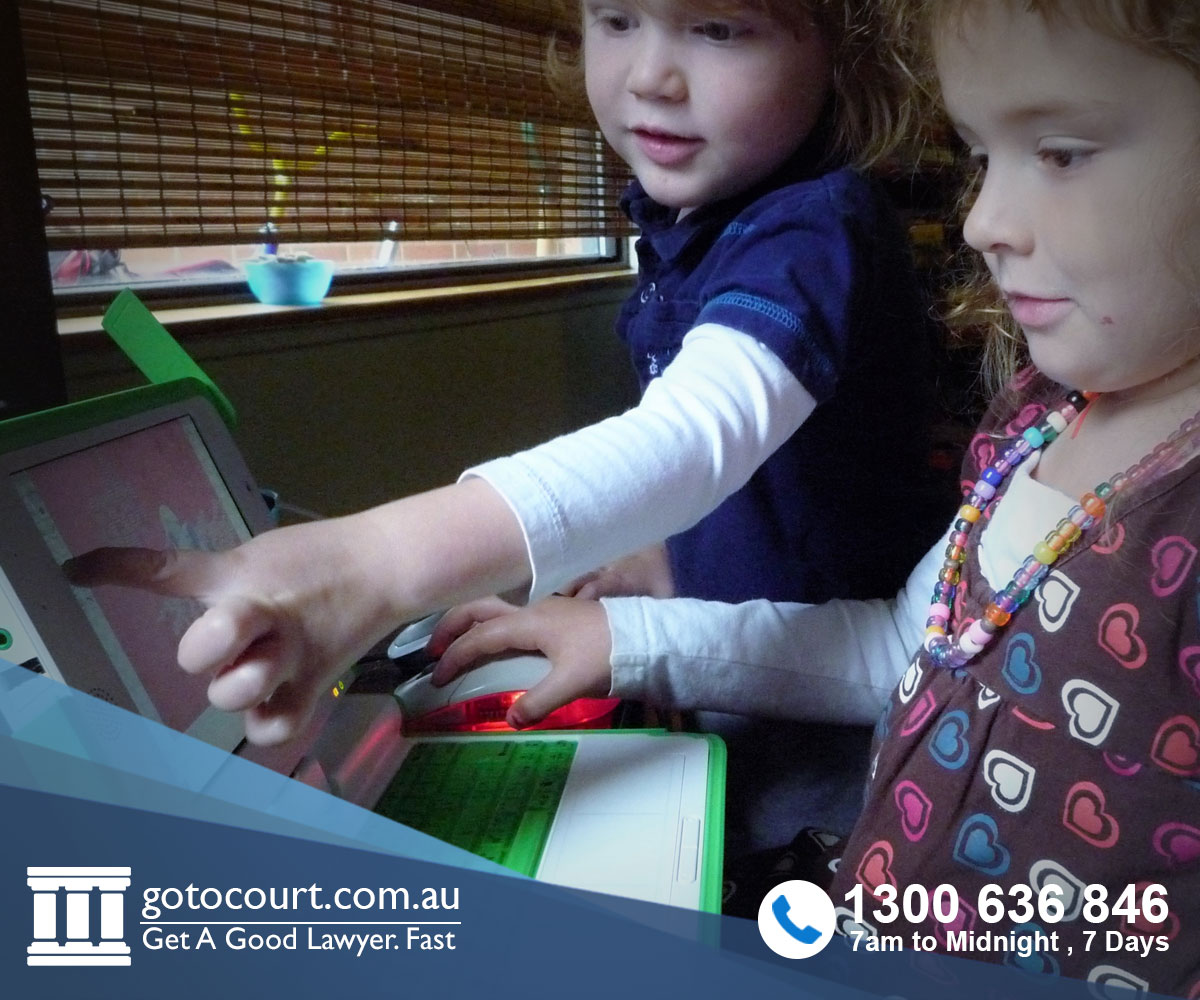How to Locate and Recover a Child Through the Courts
It is unfortunately all too common for a parent to withhold a child from the other parent or to move interstate or even overseas in an attempt to stop the other parent from having contact with the child. In this situation, the other parent or another interested party, like a grandparent, can seek court orders to locate and recover the child. Whether a court will make such orders will depend on the circumstances and whether it is in the child’s best interests for the orders to be made.
Location orders
A parent wanting to locate and recover a child through the courts may seek a Location Order directing a person or entity to provide information to assist with ascertaining the whereabouts of a child (Family Law Act, Section 67M). A Registrar of the Federal Circuit and Family Court of Australia (FCFCA) has the power to issue an Order compelling a third party, normally the Australian Federal Police or Centrelink, to provide information about the location of a child and/or a parent with whom the child may be.
To seek a Location Order for a missing child, it is usually also necessary for the party making the application to seek for the Order to proceed on an ex parte basis. This means that the other party is not required to be present at Court when the order is made. Once the Application has been filed, a copy of the Application must be served on any third party outlined in the Application from whom information is requested, prior to the court hearing.
In conjunction with the Application for a Location Order, the Applicant must also file a supporting affidavit outlining the following:
1. The parties’ personal history;
2. The history of the relationship between the parties;
3. The litigation history or an explanation as to why there has been no previous litigation;
4. The relationship between the child and the applicant;
5. Where the child might be located and the basis for that belief;
6. Steps that have been taken to locate the child;
7. Why it is in the child’s best interests for the order to be made;
8. The expected effect if an order is not made; and
9. The basis for the belief that the relevant department will hold the requested information.
If a location order is made, the third party who may hold information about the location of the child (such as Centrelink) must provide any information they hold to the Registrar of the Court to assist the court to locate and recover the child. The Applicant may also seek an order that the Australian Federal Police recover and return the child to the Applicant.
Recovery orders
Recovery orders are governed by Section 67Q of the Family Law Act 1975. They are orders compelling a child to be returned to:
1. A parent of the child;
2. A person who has a parenting order that states that the child lives with, spends time with and communicates with them; or
3. A person who has parental responsibility for the child.
A recovery order can authorise or direct a person or an entity such as the Australian Federal Police, to take action to locate, recover and deliver a child to a party. You are eligible to apply for a recovery order if you are:
1. A person who the child lives with, spends time with or communicates with as stated in a current parenting order;
2. A person who has parental responsibility for a child under a current parenting order;
3. A grandparent of the child; or
4. A person concerned with the welfare, care and development of the child.
How do I apply for a recovery order?
An Application for a Recovery Order should be filed with the FCFCA in conjunction with a supporting Affidavit outlining the following:
1. The parties’ personal history;
2. The history of the relationship between the parties;
3. The litigation history or an explanation as to why there has been no previous litigation;
4. The relationship between the child and the applicant;
5. Where the child might be located and the basis for that belief;
6. Steps that have been taken to locate the child;
7. Why it is in the child’s best interests for the order to be made;
8. The expected effect if an order is not made; and
The Applicant must also file a Notice of Risk detailing any risk or harm that the child may be exposed to in the Respondent’s care. The matter will be allocated a Court date depending on its urgency and any risks to the child. Matters where there is a history of neglect of the child, violence towards the child or substance abuse by the parent or other significant risk factors will be given priority.
Service of documents
The Application, Affidavit and Notice of Risk must be effectively served on the other party. If the application is urgent and service cannot be affected, the applicant must show that they have taken reasonable steps to attempt to serve the documents and ask the court to dispense with service.
What happens once the application to locate and recover a child is lodged?
At the first court mention, the judge must be satisfied that the other party has been effectively served or that service should be dispensed with. It will then consider whether it is in the best interests of the child to make the orders to locate and recover the child.
If the Court makes an Order for the child to be recovered to the Applicant, it may:
1. Order the other party to deliver the child to the Applicant by a certain date and time; or
2. Order a third party to deliver the child to the Applicant by a certain date and time;
3. Order an entity, like the Australian Federal Police, to recover and deliver the child to the Applicant.
If a Court makes an order for the Federal Police to locate and recover the child, the AFP must take appropriate action to find, recover and deliver the child to the Applicant. However, if the AFP is directed to find and recover a child, it will usually not do so until the Applicant is in a physical proximity to collect the child. If the child has been taken interstate, for example, the applicant will be required to travel interstate to collect the child from the Federal Police.
If the Court makes an Order directing a third party to recover the child, it is the Applicant’s responsibility to provide the directed person or entity with a sealed copy of the Court order.
What if the child can’t be found?
If the child is not able to be located, even with the assistance of the AFP, the Applicant may need to ask the Court to issue further orders. A further order which may be of assistance to locate a missing child is a publication order. A publication order allows the media to publish personal details and photographs of the child and the person with whom they are believed to be, to the public. These orders are only ever issued as a last resort and when all other means have been exhausted.
Once a parent has obtained orders to locate and recover a child, they must proceed to seek parenting orders for the child.








